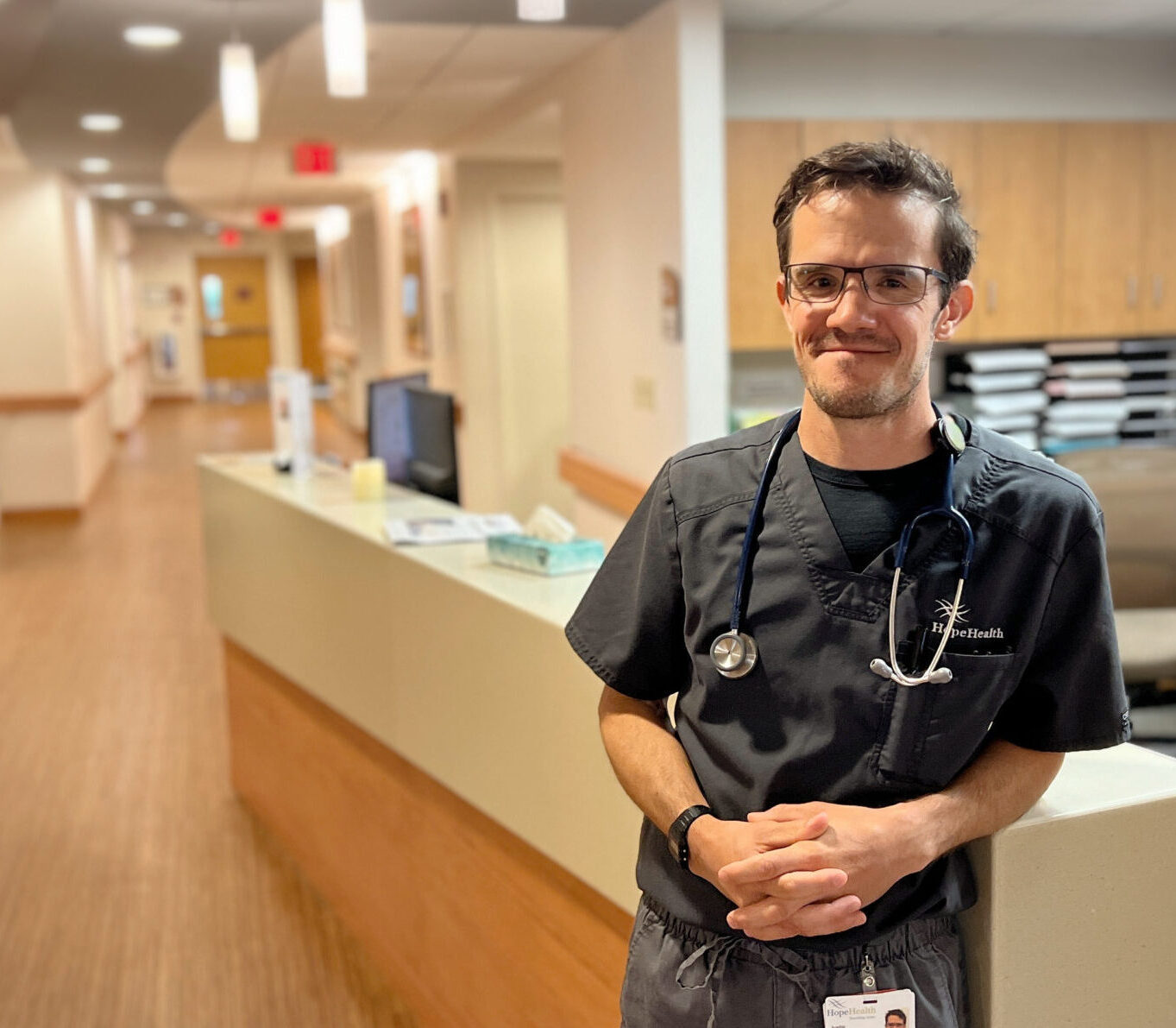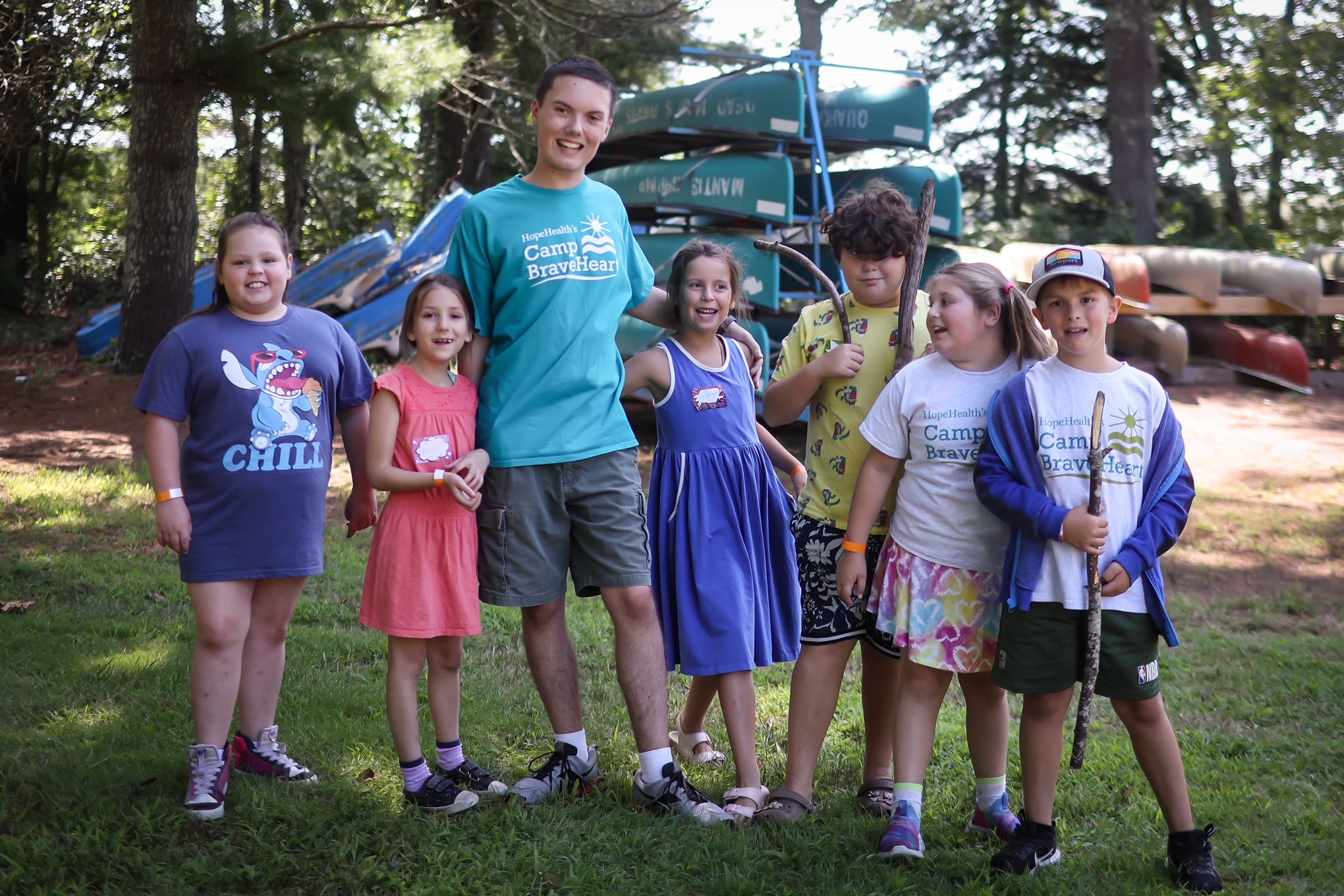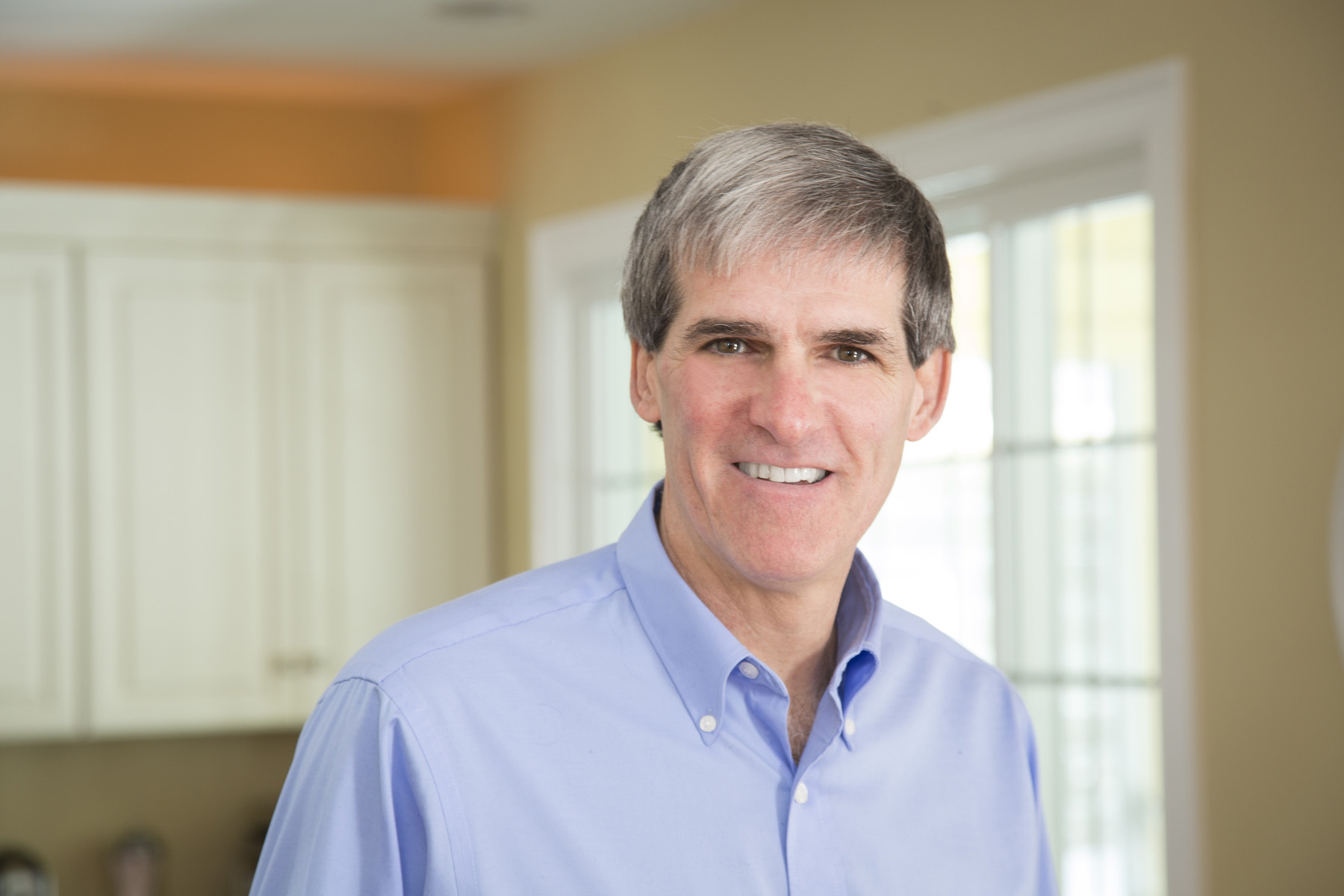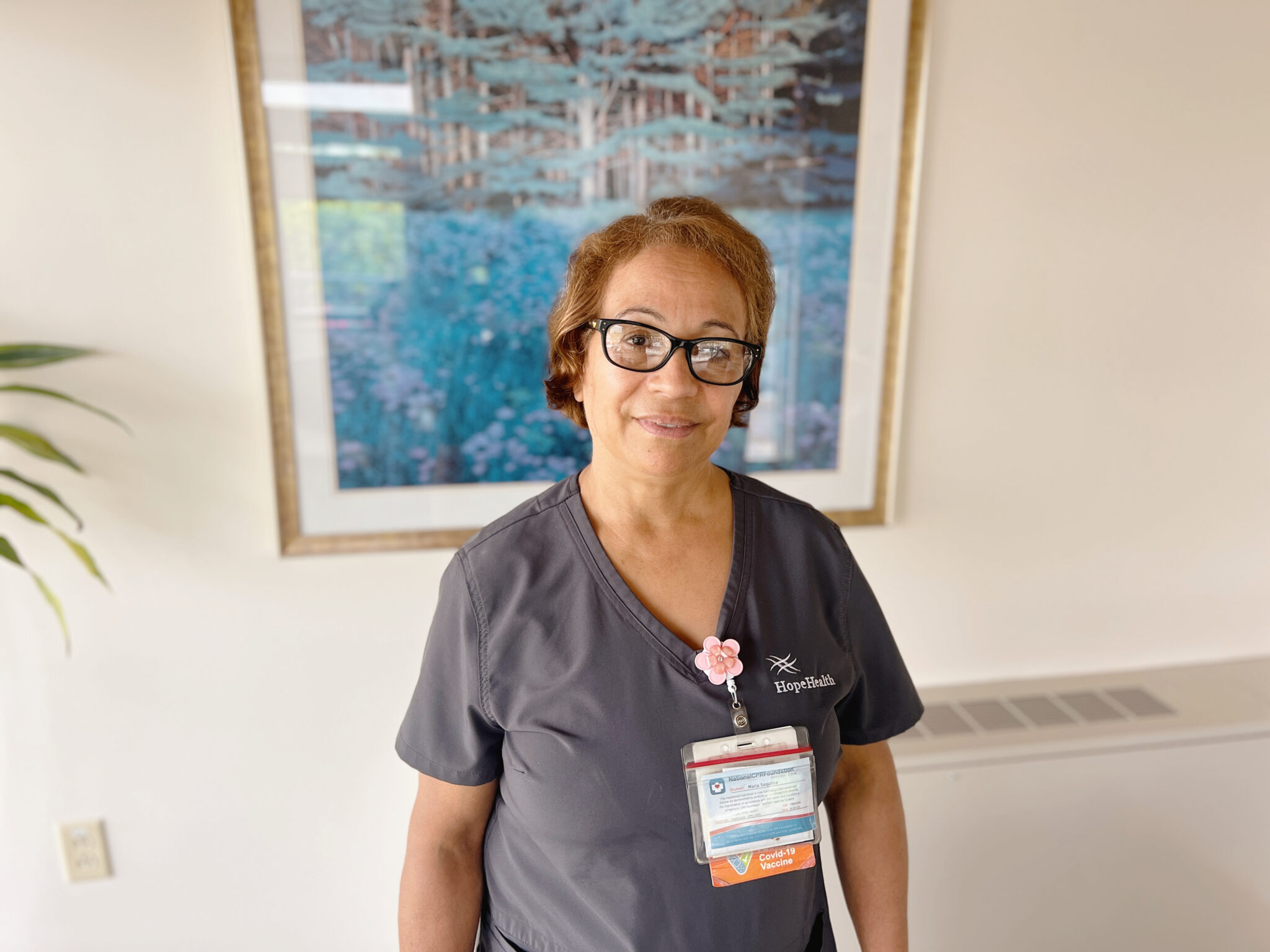In his father’s final days, a son made an unexpected connection with a hospice volunteer. Their conversation left a lifelong impact.


In his father’s final days, a son made an unexpected connection with a hospice volunteer. Their conversation left a lifelong impact.

Most of us have an expectation of what dying “should” look like. But just as no two lives are the same, no two deaths are the same either.

A Brown University medical student is working with HopeHealth to research how music can help us cope with grief. The response has been powerful.

If you’re a caregiver, mindfulness and meditation can help you navigate difficult moments with less stress. At home and in our group, here’s how to get started.

Dyllan first arrived at Camp Braveheart at age 14, a few months after losing his dad. Five years later, he’s helping other kids heal from their own losses.

The two women came to the group because they were grieving. They found a friendship that helped them heal — inspired by a baby on the way.

If your loved one has dementia, here’s what to keep in mind at each stage — and how to create moments of connection along the way.

Hospice volunteers give so much of themselves to help patients and families. Often, they learn these life lessons along the way.

For LGBTQ+ caregivers, reaching out for support doesn’t always feel simple or safe. Our LGBTQ+ Caregiver Support Group hopes to help change that.

CNAs do some of the most important and intimate work in health care. At the Hulitar Hospice Center, Maria Sequeria shares what this work means to her.